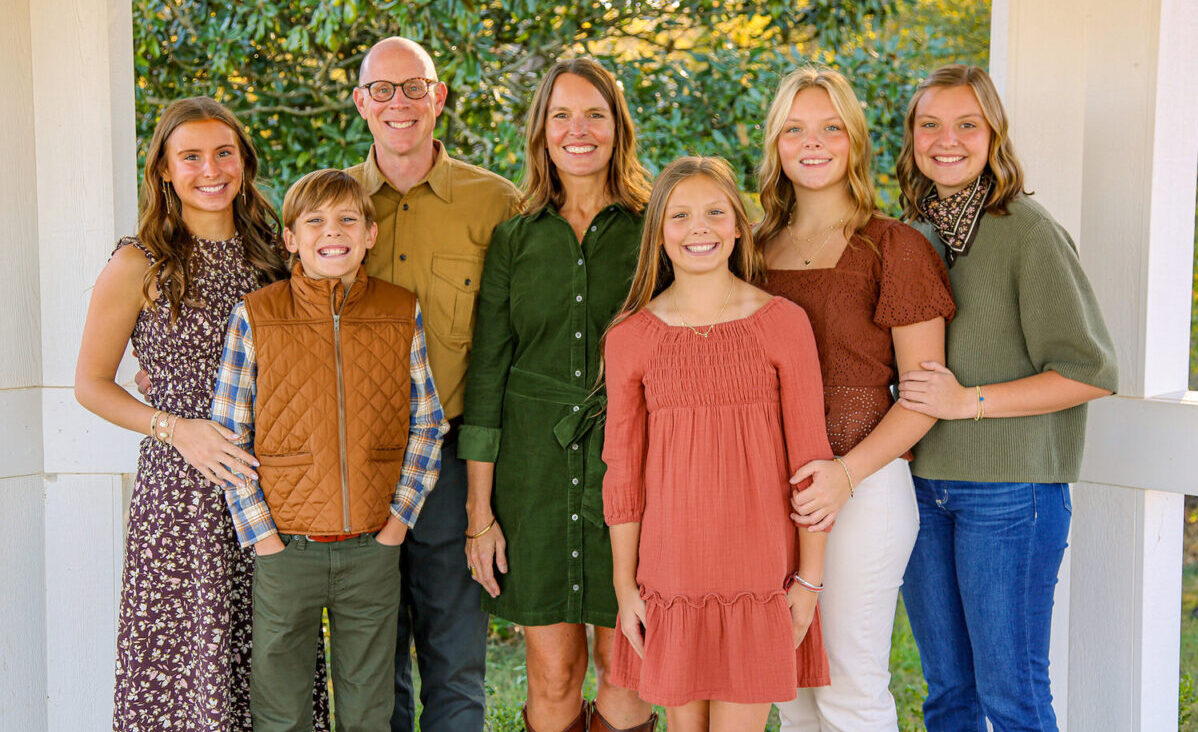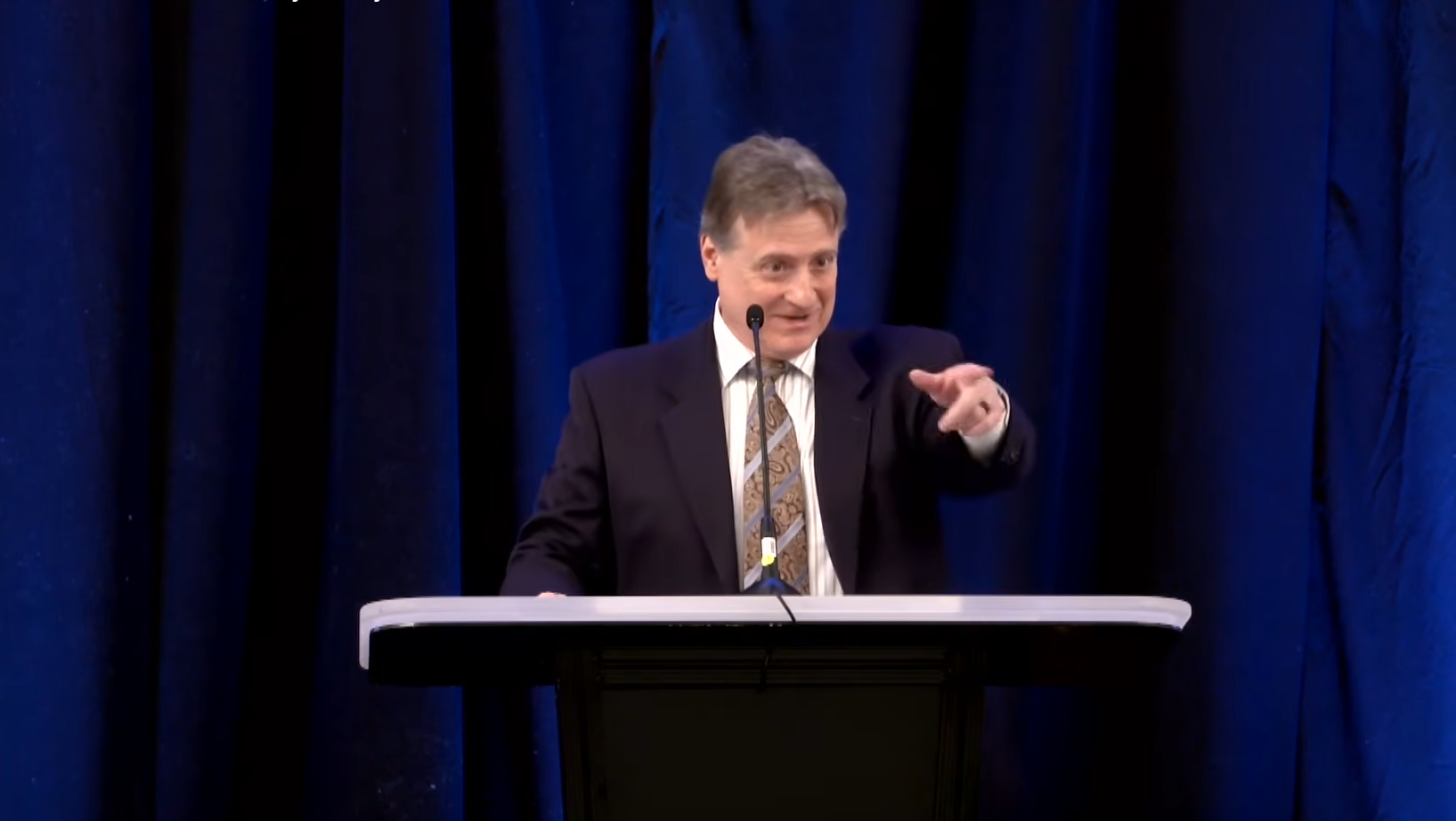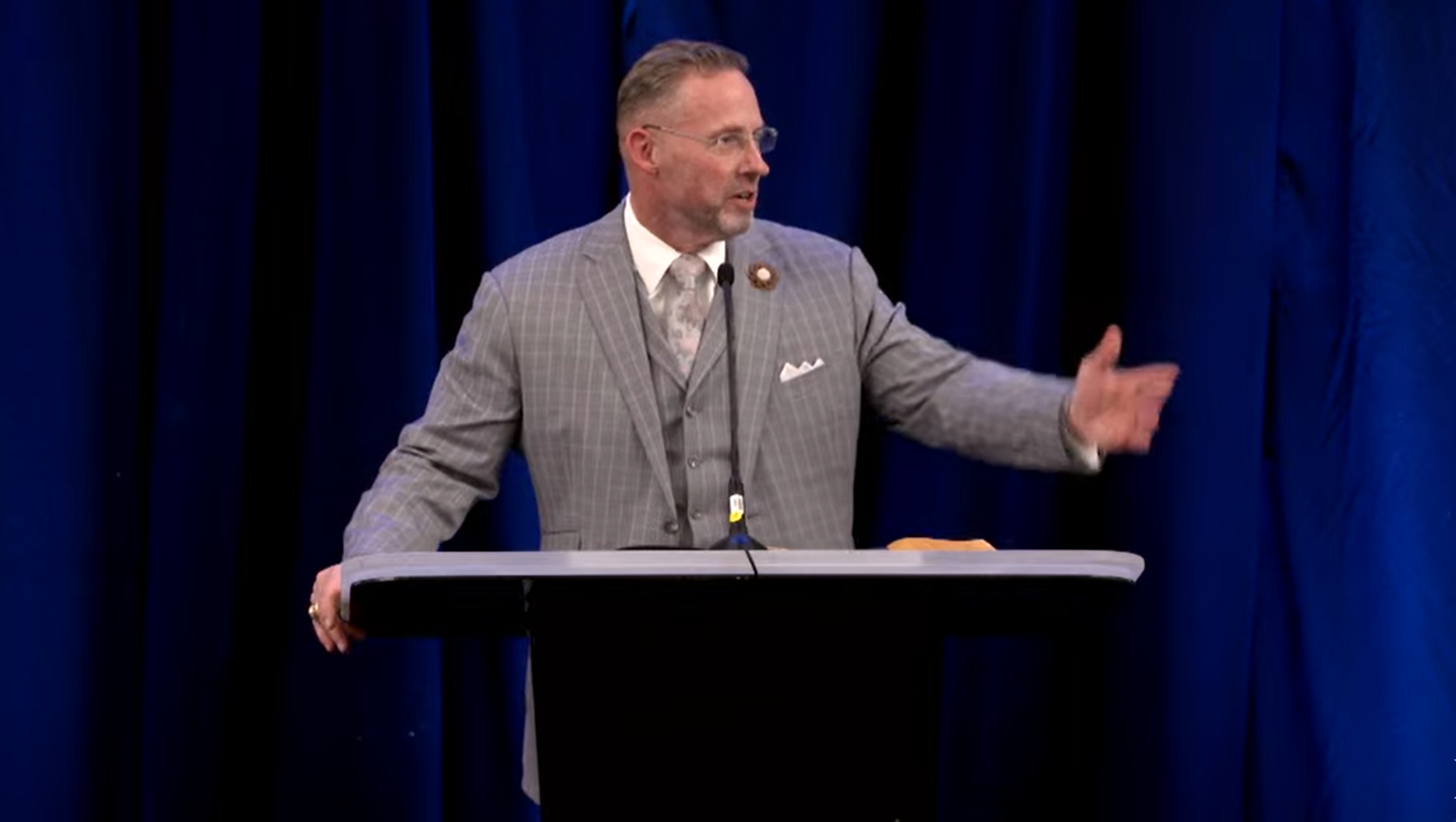EDITOR’S NOTE: This story has been updated.
A federal judge has blocked a national COVID-19 vaccine mandate issued by the government last month. This follows numerous lawsuits filed from many employers, including at least two seminaries, objecting to the requirements.
Judge Terry A. Doughty in Louisiana granted a preliminary injunction on Tuesday, Nov. 30, according to media reports. The judge ruled in favor of a request from Jeff Landry, Republican Louisiana attorney general.
“If human nature and history teach anything, it is that civil liberties face grave risks when governments proclaim indefinite states of emergency,” wrote Doughty, who noted the case will ultimately be decided by a “higher court than this one.”
The emergency temporary standard issued Nov. 4 by the U.S. Department of Labor includes all federal workers and contractors; private employers with 100 or more workers; health care workers in hospitals and facilities that accept Medicare and Medicaid payments; employees of Head Start and other federal education programs.
Under the order, “covered employers must develop, implement and enforce a mandatory COVID-19 vaccination policy, unless they adopt a policy requiring employees to choose to either be vaccinated or undergo regular COVID-19 testing and wear a face covering at work.”
‘Grave statutory and constitutional issues’
A three-judge panel of the Fifth Circuit Court of Appeals in Dallas on Nov. 6 temporarily blocked vaccine rules.
In the brief order, a three-judge panel on the Fifth Circuit Court of Appeals said the petitioners in that case — Republican-led states and private businesses — “give cause to believe there are grave statutory and constitutional issues with the Mandate.”
The lawsuit is one of four challenges the Centers for Medicare & Medicaid Services faces against the rule, according to Bloomberg Law, which noted that more than half of all U.S. states are now involved in one of the challenges.
The states, along with several business and educational institutions, argue the mandate falls outside established federal jurisdiction and are instead of state decision.
The Biden administration also has urged state governors to require vaccination for school district employees, as well as venues scheduled for large events to require vaccines for entry.
Opposing the mandates
Legal observers expect the states’ challenges will eventually be decided by the Supreme Court, but others are joining the fight.
Southern Baptist Theological Seminary and Asbury Theological Seminary — both in Kentucky — each filed a lawsuit Nov. 5 in the U.S. Court of Appeals for the Sixth Circuit alleging the rules violate their religious freedom.
Basing the suits on the First Amendment and the Religious Freedom Restoration Act, they call the mandates an abuse of executive power, and a case of unprecedented federal overreach that interferes with religious freedom.
The petitioners claim the mandate enables the federal government “to commandeer religious institutions to enforce federal mandates on their own ministers and employees — many of whom may have sincere religious and conscientious objections to the government’s mandate.”
Albert Mohler, president of Southern Seminary, who himself has been vaccinated and urges others to get vaccinations, said: “It is unacceptable for the government to force religious institutions to become coercive extensions of state power. … We have no choice but to push back against this intrusion of the government into matters of conscience and religious conviction.”
Timothy Tennent, president of Asbury Seminary, also personally affirms vaccines and “encourages every single member of our community (who is able) to receive a vaccine.” But he acknowledged “our trustees believe our personal medical decisions are private, and we will not be deputized by the state to divide our community.”










